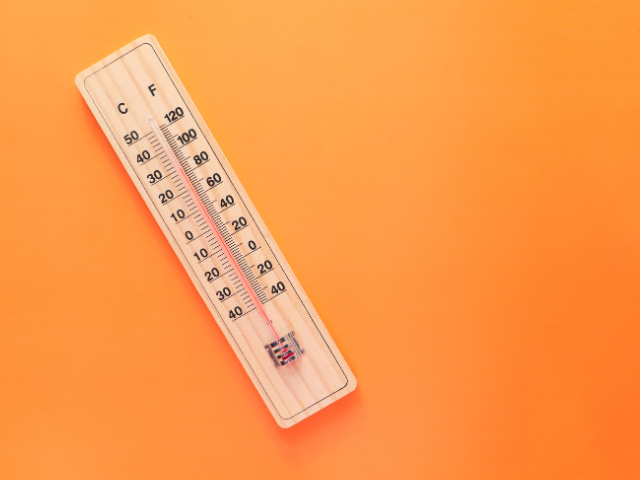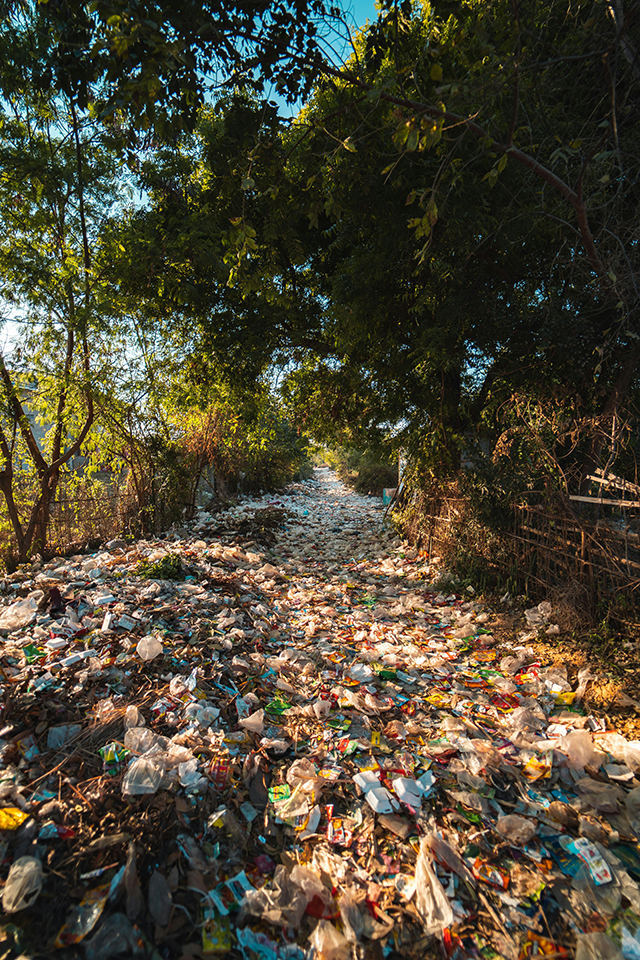
Rising temperatures are one of the most dangerous yet least visible effects of climate change.
What Jeff Goodell and Porter Fox Want You to Know About Climate Change
You step outside. It looks like a regular sunny day—but what if that heat could kill you?
That’s not just a dramatic statement. It’s the central message of a recent conversation hosted by the Aspen Institute with climate journalists Jeff Goodell and Porter Fox, moderated by Carolyn Heldman Rivera.
We found this talk to be deeply relevant to our purpose of raising awareness about the climate crisis and advocate for innovative, equitable, and transformative solutions. So we’re sharing the main takeaways in plain language—because this topic affects everyone.
Their message is simple and urgent: heat is the invisible force behind today’s most extreme climate disasters and understanding it can help us all make smarter, safer choices.
The Experts
- Jeff Goodell is the author of The Heat Will Kill You First, a New York Times bestseller. He’s been writing about climate change for more than 20 years.
- Porter Fox is the author of Category Five and Deep. He’s an environmental journalist and teaches at Columbia University.
- Carolyn Heldman Rivera moderated the conversation. She’s a podcast host and the former Executive Director at Aspen Public Radio.
These are people who’ve spent years talking to scientists, traveling to climate hotspots, and telling the stories most of us don’t hear.
Heat: The Hidden Force Behind Fires, Floods, and Storms
When we think of climate change, many of us imagine melting ice caps or stronger hurricanes. But Jeff Goodell reminds us that it all starts with heat. Heat isn’t just uncomfortable—it’s deadly. And unlike storms or fires, heat is silent and invisible. You can’t see it coming. You might not even realize you’re in danger until it’s too late. Here’s how it works:
- Hotter air holds more moisture, which leads to heavier rainfall and flash floods.
- Dryer, hotter conditions make wildfires more intense.
- Warm oceans create stronger hurricanes.
This isn’t theory, it’s happening now. The devastating floods in Texas, wildfires in California, and stronger hurricanes in the Atlantic are all linked to rising temperatures.
Why Adaptation Matters Now—Not Later
For years, the focus was on mitigation—reducing emissions to stop climate change. That’s still important. But adaptation—adjusting how we live—is just as critical now. As Porter Fox put it:
We’ve built our world for a climate that no longer exists.
That means we need to:
- Rethink city planning.
- Strengthen infrastructure like water systems and sewage.
- Prepare for more frequent and intense heatwaves, floods, and storms.
Adaptation is not giving up. It’s facing reality and making sure our communities are safe in this new climate.
There’s No “Safe Zone” Anymore
Think places like Portland, Oregon or Asheville, North Carolina are immune to extreme weather? Think again.
In 2021, the Pacific Northwest saw temperatures soar past 115°F—killing hundreds. Areas once seen as “climate havens” are now at risk. People are still moving to hotter regions like Texas and Florida for jobs, affordability, or family. But climate risk is no longer tied to just one region. It’s everywhere.
Lesson: It’s better to prepare wherever you are than to hope a move will protect you.
Can Technology Save Us? The Risky Bet on Geoengineering
Some scientists are considering a last-resort idea: spraying tiny particles into the sky to reflect sunlight and cool the planet. It’s called solar geoengineering. Jeff Goodell calls this “a bad idea whose time has come.” Why? Because:
- It could disrupt rainfall patterns like monsoons.
- It’s untested and unpredictable.
- It doesn’t solve the root cause: greenhouse gas emissions.
It may sound like science fiction, but this idea is gaining attention because climate impacts are becoming harder to ignore.
Who Pays for the Damage? Climate Lawsuits Target Big Oil
Communities like Boulder, Colorado are taking oil companies to court. Their argument? Companies like Exxon knew decades ago that burning fossil fuels would cause climate change—and chose to mislead the public. These lawsuits are similar to the tobacco lawsuits of the 1990s. They aim to:
- Hold polluters accountable.
- Secure funding to pay for climate adaptation projects.
The Colorado Supreme Court recently allowed Boulder’s lawsuit to move forward. It could set a powerful precedent.
What We Can Do Now (Without Being a Scientist)
You don’t need a science degree or a political title to make a difference. Here are a few simple actions:
- Support local resilience efforts: Volunteer or donate to wildfire prevention, cooling centers, or clean energy programs in your community.
- Vote and speak up: Your voice matters—especially in local elections and community meetings.
- Elect politicians who care and whose actions support their statements.
Change often starts with conversations—around dinner tables, classrooms, or workplaces.
Finding Hope: Young Leaders, Scientists, and Local Heroes
Despite the challenges, there are many reasons to feel hopeful:
- Students from Vanuatu took their climate case all the way to the International Court of Justice.
- Cities like Paris are redesigning their infrastructure to stay cooler, cleaner, and safer.
- Scientists have discovered that reducing greenhouse gases can quickly reduce storm severity—sometimes in just a year or two.
Small communities—and the people within them—are showing the rest of the world what’s possible.
Summing Up
Climate change is personal. It affects where we live, how we stay safe, and what kind of future we’re building. There’s no single fix. But there are smart steps we can all take—starting now.
- Understand the risks of heat.
- Support adaptation efforts.
- Use your voice, your vote, and your values
The world is changing. But together, we can change with it—and build something better in the process.


